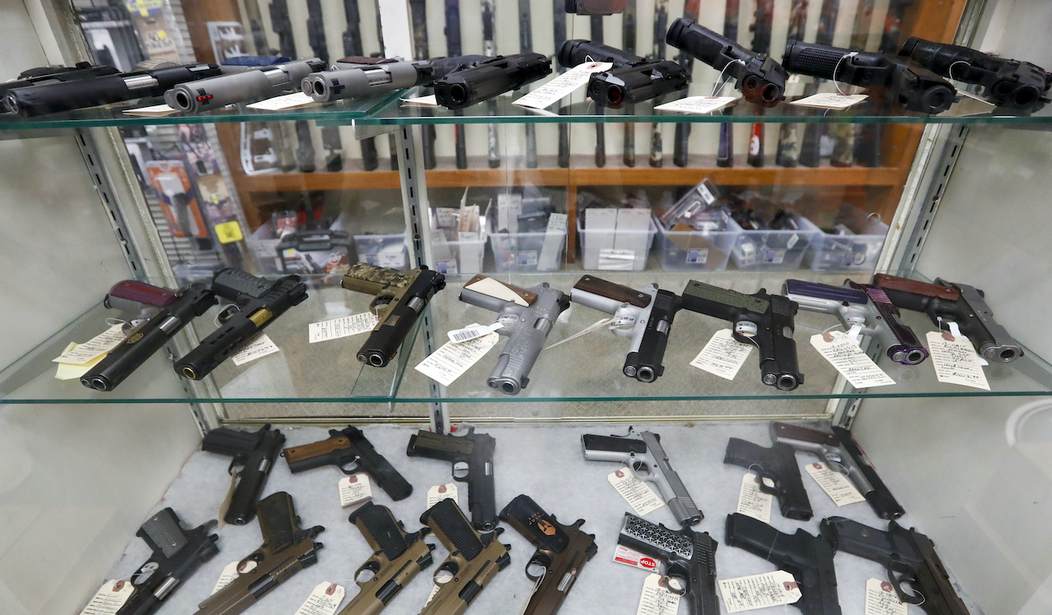I’m not a doctor, nor have I ever played one on TV.
I am, however, somewhat knowledgeable about firearms and their impact on society. I mean, it’s kind of what I talk about all day long, after all. I should know a few things about it.
Doctors, however, don’t. While they know more about which symptoms mean which disease at any given time than I do, they’re not necessarily more knowledgeable about guns, gun violence, or anything else on the topic. Just because they might treat a gunshot wound doesn’t necessarily mean they know more about guns and how society is impacted by them.
There are a lot of doctors who disagree. Some disagree because they know a lot about the subject outside of their profession. Others disagree because they’re doctors and they think they know everything. Some disagree for still other reasons, of course, but those are the big two I’ve encountered.
That second group likes to argue that guns are a public health issue and dismiss any disagreement simply as ignorance from the plebian masses. How dare we disagree with doctors!
Expect it to get worse, too. After all, some are now being taught just that in medical school.
Public health problems are numerous — plagues, pollution, malnutrition — all of them have demonstrable impacts on the growth and development of children and the overall wellbeing of individuals and our communities. But guns are tools, not pathogens. So why are medical schools teaching their students that guns are a public health problem?
Researchers from the medical school at Washington University in Saint Louis “developed a multidisciplinary curriculum to train surgical residents so that they can best treat victims of firearm violence and feel confident in contributing to the national conversation on firearm violence as a public health problem.” The curriculum is titled Anatomy of Gun Violence and is, from the authors’ perspective, “the first effort to teach surgical residents about firearm violence as a disease process within its social context.”
While one of the curriculum’s goals – reducing the likelihood of surgeons depersonalizing gunshot victims – is certainly noble, the curriculum’s premise conflates cause and effect by supposing that firearms-induced harm is self-generated and not the result of other criminal ends such as drug dealing or other inherently violent crimes. Blaming the tool used for the harm caused won’t resolve the issue of violence in crime-plagued communities, so it makes little sense to focus on firearms when the focus should be on providing social services or reducing the underlying causes of primary criminal activity.
Unfortunately, this isn’t surprising. Nevermind that the problem is and has always been the misuse of firearms, not guns themselves. That’s not how some people see it and it’s no surprise to see this happen at this particular level, either.
I have a friend who recently graduated from medical school. During his time there, despite his obvious intelligence, he was constantly on the defensive. Liberal ideology permeated every aspect of his education at that level. He had to always be on guard for fear that he might say something that would alert his instructors to his own ideological bent.
This is a problem because at least some testing in medical school is notoriously subjective. It’s not just about identifying diseases or mending broken bones, but also subjective things like interacting with patients. In fact, he failed one test and no one was able to tell him what he did wrong (he passed the retest).
Had they known he wasn’t part of the liberal orthodoxy, he may well have failed more tests of that type. Plus, while medical school was insanely stressful for him, he couldn’t punch out. Why? Because his student loans were so ridiculously high that the only way he could pay them off was to become a doctor. It was the only profession available to him that would allow him to make enough to afford to live.
That’s bad all on its own, but when you see that medical schools are starting to push an unsubstantiated opinion as medical fact, a fact that will influence generations of doctors to come, we start to see a bit of an issue.
The problem is, I don’t see that changing anytime soon.








Join the conversation as a VIP Member